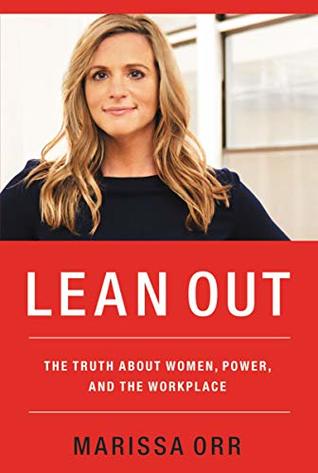More on this book
Kindle Notes & Highlights
by
Marissa Orr
Read between
July 7 - October 25, 2019
I didn’t care what game we were playing. I just wanted everyone to be honest about it and stop pretending that what we were doing had some inherent logical sense.
The winners of the corporate game are simply the ones who play it best. It doesn’t mean they’re leaders.
The people who followed MLK didn’t work for him. He didn’t hold any formal power over them. He led with influence. He made people feel heard and understood. He painted a vision of a better future and motivated his followers to act. People chose to follow MLK because he commanded respect, engendered trust, and deserved their admiration.
CEOs, on the other hand, don’t arrive at their position by the will of the people. They don’t acquire more and more power on their way to the top because they possess the same leadership qualities as an MLK. Their subordinates don’t listen to and obey their commands out of choice; they don’t act out of a personal belief in their manager’s mission. They follow a corporate leader because they have to. Their livelihood, and in many cases their self-worth, depends on it.
Those with little confidence wear certainty and arrogance like armor, shielding themselves from the abyss of unknowns.
The impact of a reorg is almost never assessed after the fact. Nobody ever knows, or seems to care, whether it was a good decision or how it impacted the bottom line.
Reorgs are a no-lose proposition for a corporate executive, and almost always a no-win for everyone else.
While authority commands others’ actions regardless of how they feel about it, influence requires their consent.
A study published in Scientific Reports shows that hierarchy is detrimental to human cooperation, regardless of whether individuals earned their rank, or it was assigned arbitrarily.
Scouts judged players based on what was most visible and most obvious, even though those criteria were poor indicators of talent.
Visible traits and behaviors used as proxies for leadership and competence include, but aren’t limited to, aggression, self-aggrandizement, loudness, bluster, overconfidence, and height. Subtler things, such as empathy, listening, humility, introspection, quietness, and being short don’t draw our attention, and people disregard them accordingly.
One reason overconfidence fuels success at work is because the activity it engenders is usually mistaken for progress.


